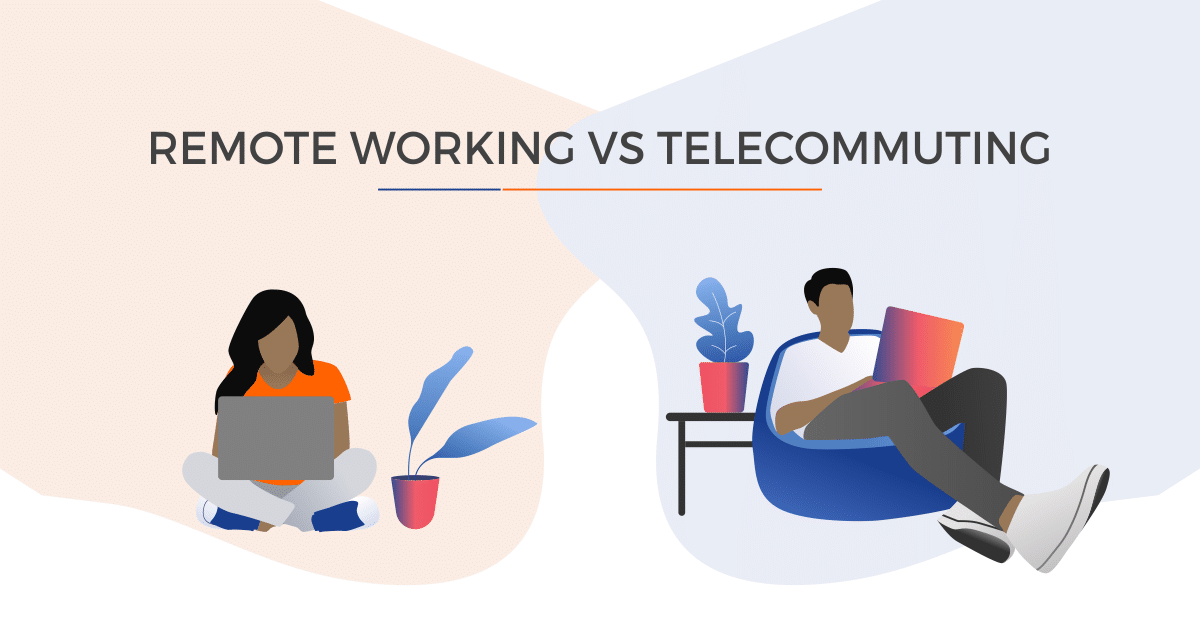Are there any differences between remote work vs telecommuting or are both terms just the same ideology with different names?
According to Jobberman Nigeria’s recent workplace productivity report, “Millennials & The Digital Marketplace: How to Keep Millenials Productive in the Workplace,” 25% of the respondents affirmed the fact that they work from home.
Meanwhile, current workplace trends have shown that remote work and telecommuting are concepts that have grown phenomenally and have been embraced in Nigeria and the rest of the world.
What is Remote Work?: Remote work is an non-traditional workplace concept, which allows you as an employee to work from outside the official office environment of your employer. The ideology is based on the concept that employees do not need to be micromanaged or work from a specific location for assigned tasks to be successfully executed.
What is Telecommuting?: Telecommuting is a work situation where an employee does his or her work off-site; typically from home, an agreed location or cafe but stays in communication with other employees via telephone, chat, email and other internet-related mediums of communication.
Table of Contents
Differences Between Remote Work vs Telecommuting
Regardless of how similar remote work and telecommuting might appear to be, there are some clear differences. Here’s a quick look at three things that differentiate them:
- Restrictions: Remote work allows you to work from anywhere in the world without any restrictions or demands from your employer to come into the office for face-time but with telecommuting, you are required to come into the office on specific days and maybe also be required to be in a certain location for purposes like taxation.
- Location: Telecommuting colleagues might be in the same location but for remote work, there might be no colleagues and in cases where you have them, they will be located all over the world.
- Team Building: Team building and meeting activities are required of telecommuters while remote workers are too globally displaced for such activities to hold consistently.
Final Words on Remote Work vs Telecommuting
Both concepts in most cases have been used interchangeably but most of their inherent traits show that there is a difference between them. Recent findings in the survey of Nigerian millennials showed that 65% of millennials prefer to work from the workplace, 9% from the library, 1% from the coffee shop and 25% from home.
However, while the global numbers may differ, the trends show that embracing the concept of remote work vs telecommuting will continue to be on the rise in the Nigerian and pan-African marketplace.
Between Telecommuter or Remote Worker, which would you prefer? Share your choices in the comment section below.






